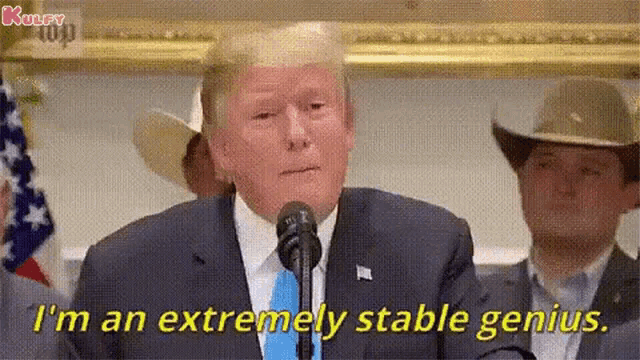What is an MFA?
It’s a Master of Fine Arts, so a form of post-graduate degree. The one that I studied was in creative writing, something which over recent years has become a favoured form of post-grad qualification if you’re in the business of writing.
If I’m a writer then, do I need one of these?
No, you really don’t need one.
So why did you want one?
My work was feeling a bit stagnant. Plus, I had a novel on submission to agents and no-one was calling back, so I needed the proverbial kick up the backside to start my next project. Oh and there was a pandemic on, did I mention that?
No, but I’ve spent the intervening time rocking back and forth in a foetal position pretending it never happened. So, how does this MFA thing work?
Depends on whether you’re enrolling full time or a part time. As a part time student, my course was two years long. The first year was focused on weekly lectures, reading, essays and craft. The second was a 40,000 word dissertation which is effectively a novel excerpt.
What are other common reasons for studying one?
There’s an assumption, I think, that you might need one if you ever wanted to teach creative writing (untrue). Secondly, there’s the hope (often sub-textually hinted at in the glossy brochures) that enrolling on one of these courses might help your career, either by aiding you in snagging an agent or a book deal. (This too, is pretty much a load of old cobblers).
Finally and most importantly perhaps, there’s writerly validation. If you’re putting your stuff out there on an even semi-regular basis, it’s easy to become prey to the creeping suspicion that you might not be any good. Being around a group of generous well-read writer types can really help you feel like a proper writer.
Are you a proper writer?
Why’d you have to go and ask that?
Okay, so what were the good things about the MFA?
One of the most useful things was the encouragement to take my work seriously. By this, I don’t mean shaking my fist at a world that refuses to understand my genius. Rather, I mean understanding more about other writers and the contemporary ‘context’ and seeing how you fit into it (or not).

Doing this sometimes meant writing essays about your own unfinished work, which is totally odd and arguably self-indulgent as a practice but, which was weirdly useful. It gives you context, distance and the ability to assess your work as a piece of ‘literature’. (I know, right?)
Secondly, there was the amount of required reading. Having an excuse to sit around and read was a real luxury, not to mention being liberated from the torment of choosing what to read next.
Anything else?
The best thing was probably the the aspect of the course that the faculty had the least control over, that is: the other people on it. Mixing writers together often has unpredictable results. At one end of the spectrum are the groups presided over by bores who wang on endlessly about manuscript format and at the other are the Milfords I’ve attended where most attendees are generous with their thoughts and feedback.
Thankfully, our MFA squad was totally the latter rather than the former, to the extent that even after a couple of years of post-graduation we’re in still in contact and reading each other’s work.
Ok, enough with this rosy glow BS , how did it suck?
Well, the obvious thing was how expensive it was. And it was hard to shake the feeling that once you’d ponied up your fees the university weren’t that bothered about much else.
The second year was a bit disappointing too. While the first focused on some great lectures, craft and reading, the following one was a much more isolated affair, with each of us toiling away on our dissertations/manuscripts with our respective supervisors.
The only break from this was a ‘summer term’ which consisted, for the most part, of an academic circle jerk wherein members of the faculty interviewed each other about their upcoming books.

So was it worth it?
I suppose if I consider this in purely concrete terms it was a failure. Did it help me land and agent? No. Did it help me get a book deal? Nuh-uh.
This is going to be one of those, “it’s about the journey,” things isn’t it?
But it is is an about the journey thing, my dude. I’m pretty certain I’m a better writer because of the books that I read (even the ones I disliked) and the essays I wrote. Most importantly, I’m probably a better writer because of the feedback I gave and received from my fellow students. Looking back, that’s ultimately what made it worth the time and money.
Fair enough. Are you a proper writer now then?
FFS.